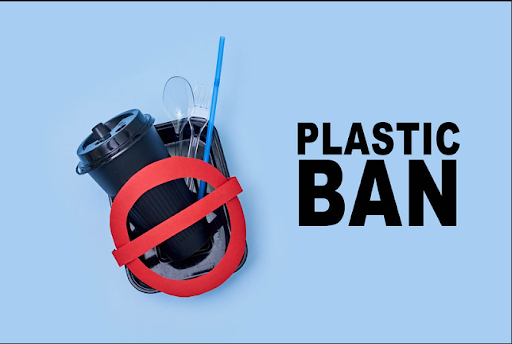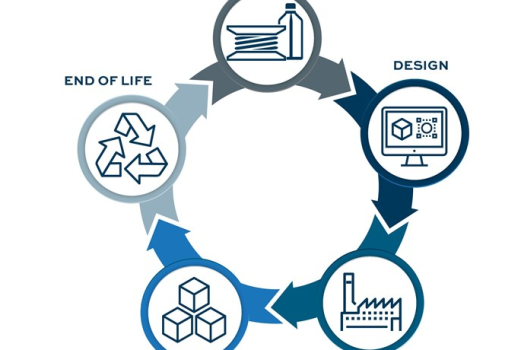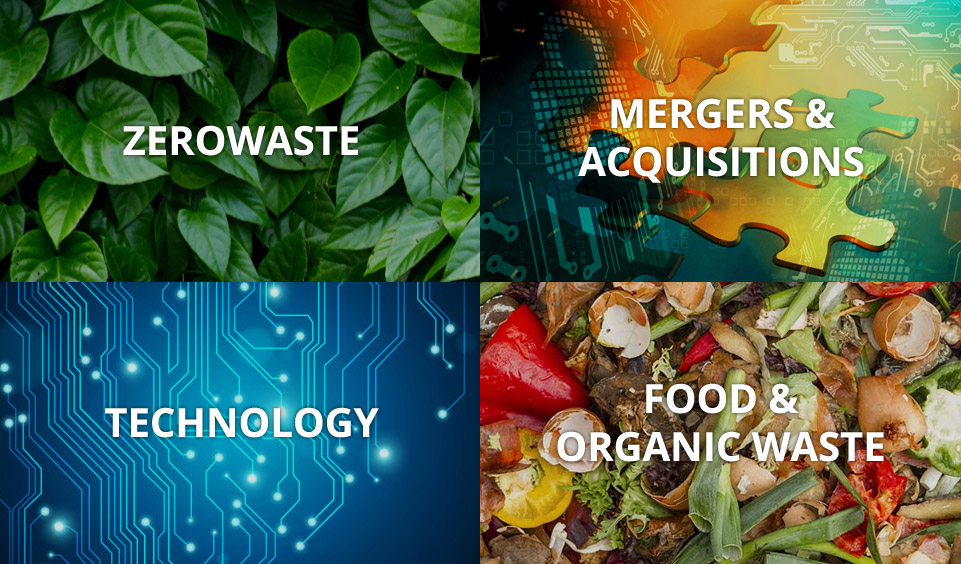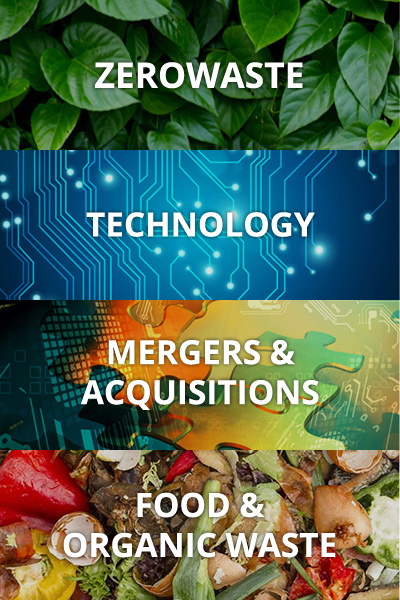
Single-use plastic is a huge problem for our environment, but it’s easy to feel like there’s nothing we can do to make a difference. However, even small changes can have a big impact when it comes to reducing our reliance on single-use plastic.
Common Uses of Single-Use Plastic
Some of the most common uses of single-use plastic are:
- Water bottles
- Disposable coffee cups and lids
- Plastic shopping bags
- Produce bags
- Straws
5 Tips to Reduce Single-Use Plastic
To reduce your organization’s reliance on single-use plastic, try implementing some of the following tips:
1. Use Reusable Water Bottles
Encouraging employees to use reusable water bottles is one of the easiest ways to reduce single-use plastic in your organization. There are several different options available, from simple glass or metal water bottles to more sophisticated filtered water bottles that can be refilled from the tap.
Benefits of reusable bottles:
- They’re better for the environment than disposable bottles.
- They can save your organization money in the long run.
- They’re more convenient than searching for a water fountain every time you’re thirsty.
2. Ditch Disposable Coffee Cups and Lids
Coffee cups and lids are another common source of single-use plastic waste. If your organization provides coffee for employees, consider switching to reusable mugs or cups that can be washed and reused.
Benefits of reusable cups:
- They eliminate the need for disposables.
- They can be branded with your company’s logo or other designs.
- They keep coffee hot (or cold) longer than disposable cups.
3. Bring Your Bag
Plastic shopping bags are one of the most ubiquitous forms of single-use plastic, but they’re also one of the easiest to avoid. Encourage employees to bring their reusable bags when they go shopping and provide them with attractive and sturdy options that they’ll want to use.
Benefits of reusable bags:
- They can be used over and over again, eliminating the need for disposable bags.
- They come in a variety of sizes and styles to suit different needs.
- Some reusable bags can be folded or rolled up for easy storage.
4. Skip the Produce Bags
Plastic produce bags are another unnecessary source of single-use plastic waste. If your employees buy fresh fruits and vegetables regularly, encourage them to skip the plastic bags and either use reusable bags or just put their products directly into their shopping carts.
Benefits of skipping produce bags:
- They’re not necessary if you’re using reusable bags.
- You can save money by not buying disposable bags.
- They take up less space in your kitchen garbage can.
5. Use Reusable Straws or Skip Them Altogether
Plastic straws are one of the most common types of single-use plastic, but they’re also one of the easiest to avoid. If your employees use straws regularly, switch to reusable metal or glass straws that can be washed and used over and over again. Or, ditch straws altogether and encourage employees to drink from cups or glasses.
Benefits of reusable straws:
- They can be used over and over again, eliminating the need for disposable straws.
- They’re more durable than plastic straws and less likely to break.
- Some reusable straws come with cleaning brushes to make them easy to clean.
These are just a few of the many ways you can reduce single-use plastic in your organization. For more ideas, check out our list of 50 ways to reduce waste in the workplace. And, remember, even small changes can have a big impact when it comes to protecting our environment.



